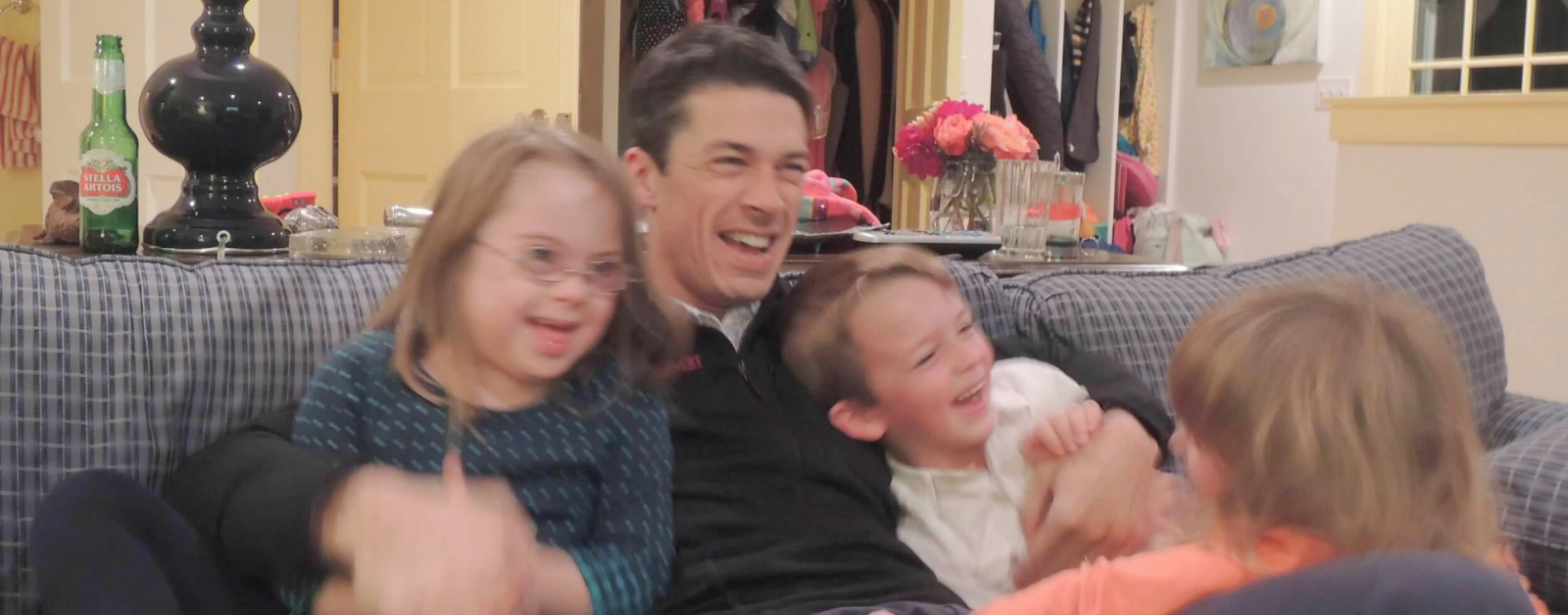Here’s what I know… Penny has different capacities when it comes to learning, but she has no limits on her capacity to love, or to live a full life. Our value as humans arises out of our belovedness, not our potential to produce.
Penny challenges me to pay more attention to people instead of tasks, to laugh instead of curse when I make a mistake, and to value mutuality more than self-sufficiency.
Penny doesn’t strive the way many of us do. She doesn’t measure her worth—or anyone else’s—by success or comparison. She simply lives in the goodness of who she is. And that has become a quiet invitation to the rest of us. An invitation to step back and ask:
What if we don’t have to prove ourselves all the time either?
Can Penny live a full life without reading Dostoevsky or solving a quadratic equation? I’m pretty sure she can. Can I live a full life without learning to cherish and welcome those in this world who are different from me? I’m pretty sure I can’t.
People who live with Down syndrome do face hardship and suffering. They also live lives of beauty, purpose, and love.
Read more in my 2023 essay for TIME: Doctors Don’t Know How to Talk About Down Syndrome
Let’s stay in touch. Subscribe to my newsletter to receive weekly reflections that challenge assumptions about the good life, proclaim the inherent belovedness of every human being, and envision a world of belonging where everyone matters. Follow me on Facebook, Instagram, and YouTube and subscribe to my Reimagining the Good Life podcast for conversations with guests centered around disability, faith, and culture.



